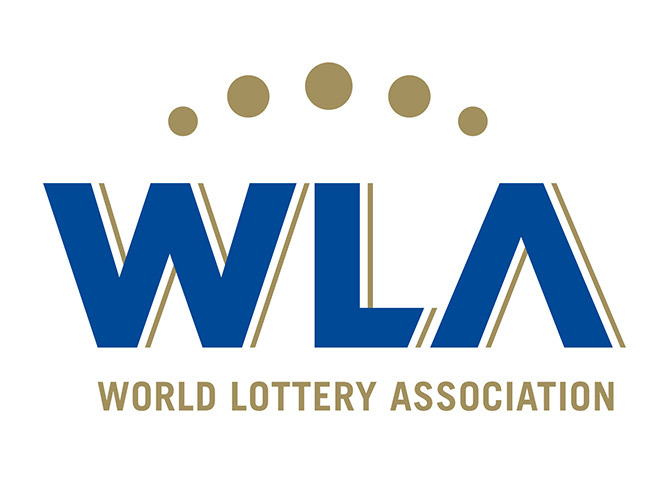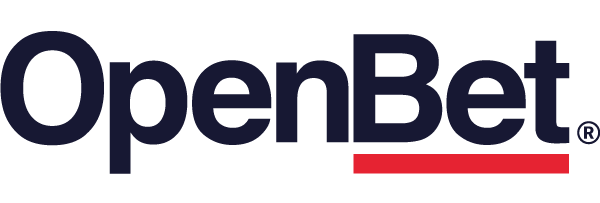Making the most of the virtual format, the WLA successfully reached broader, more varied audiences with topics that continue to shape the global lotteries and sports betting communities. Industry leaders and experts shared insights into the latest retail and online marketing trends and technologies, such as artificial intelligence that can help vulnerable players, and delved into some of the key challenges faced when it comes to maintaining the transparency and integrity of legal betting operations.
Unauthorized lottery and sports betting operations
The year began with the topic of unauthorized lottery and sports betting operations. Audiences heard about synthetic lotteries, where players bet on the outcome of another gaming company lottery or services are offered related to another gaming company lottery without its authorization.
Concerns were raised that such operations evade taxes resulting in a loss of income for good causes and disregard consumer protection and responsible gaming measures. However, it was noted that industry stakeholders can provide solutions by enforcing international restrictions, running educational campaigns and taking judicial and administrative actions such as legal reforms.
Lottery trends during the pandemic
As the year progressed, several webinars examined the trends and challenges faced throughout the global pandemic and looked ahead to the post-pandemic era.
Rapid digitalization
In 2020, data from the IBM U.S. Retail Index showed that the pandemic has accelerated the shift away from physical stores to digital shopping, by roughly five years.
Retail restrictions forced lotteries to ramp up their digital presence for a growing online player base. Additionally, the nature of the pandemic accelerated the deployment of cashless, touchless terminals and applications for safe, easy product purchase and payment of winnings.
Growth in online betting
The knock-on effect of restrictive measures taken to combat COVID-19 worldwide has accelerated online betting and digital payments through authorized and unauthorized means. In the latter case, the challenge remains of identifying unauthorized operators who can hide activities behind third- and forth-party payment processors. Additionally, cryptocurrencies – favored by these operators – offer swift, almost untraceable, transactions.
United fight against illegal betting and sports competition manipulation
Increased manipulation of sports competition, illegal operations and anonymous players have led to a greater international collaboration in the fight against illegal sports betting. UEFA and IOC talked about increasing awareness raising and capacity-building activities in conjunction with Interpol, and monitoring and intelligence services with GLMS in the lead up to the UEFA EURO 2020 and the Tokyo 2020 Olympics.
Improved communications with industry stakeholders
Many lessons have been learned on how to manage daily operations during the new normal of an ever-evolving global health pandemic. In one such example in Australia, where eight state-specific lockdowns affected up to approximately half of the retail network in some states, it was imperative to check customer expectations and continue community support; increase communication and support to retailers regarding COVID-safe work spaces; maintain strong relationships with governments and partners, to continue delivering products as usual, and establish flexibility in commercial arrangements.
Corporate social responsibility and responsible gaming
Corporate social responsibility has broadened beyond the scope of responsible gaming to address the impact lottery operations have on the environment and to ensure the well-being of employees and their greater communities.
These themes were examined in several webinars. Presentations were given from lotteries that are taking steps to protect employee and human rights, develop sustainable energy-efficient products, and contribute to the local economy through job creation. Others used artificial intelligence and data analytics to develop applications that help players who may have gambling addictions, while some ran campaigns to raise awareness of responsible gaming that focused on positive action rather than negative outcomes. One lottery supplier explained the measures in place to ensure human rights and sustainability throughout its global supply chain.
Adding horse race betting to the lottery mix
A webinar dedicated to horse race betting offered insights into the sport, types of betting offers and the opportunities for lotteries that add it to their product mix. Some of the benefits highlighted included its global offering, the existing wide range of horserace betting technologies and interfaces for retail and online channels, the broad selection of products, comprising high winnings and that meet market needs and customer expectations, as well as attracting new, high value, loyal customers.
Security and risk management
Lotteries must protect their online systems and player data from cyber attacks. This means improving detection of existing hidden threats and the response to potential attacks, using varied methods.
The WLA Security and Risk Management Committee is responsible for the WLA-Security Control Standard, (WLA-SCS:2020), which defines security, integrity, and risk management for use by the lottery and sports betting sector. During the pandemic, remote auditing has been offered as an option for WLA-SCS assessments.
The Bug Bounty platform was presented during a webinar on security. By using crowdsourcing of ethical hackers with diverse expertise from around the world, the odds of finding more valid vulnerabilities in online systems are increased.
Key takeaways included the need to find threats that slip through perimeter-based security architectures by running security searches through networks, endpoints, and datasets to hunt malicious, suspicious, or risky activities missed by the existing tools and security tests.
Several lotteries that have used the service praised the approach. The session also included a hypothetical disruption scenario which gave participants the opportunity to experience and address a critical situation that could threaten a lottery organization.
The WLA would like to thank the African Association of Lotteries (ALA), the Asia Pacific Lottery Association (APLA), the European Lotteries (EL), the Iberoamerican Corporation of Lotteries and Bets of State (CIBELAE), and the North American Association of State and Provincial Lotteries (NASPL) for their cooperation in making the webinars a great success and looks forward to continued efforts in 2022.









